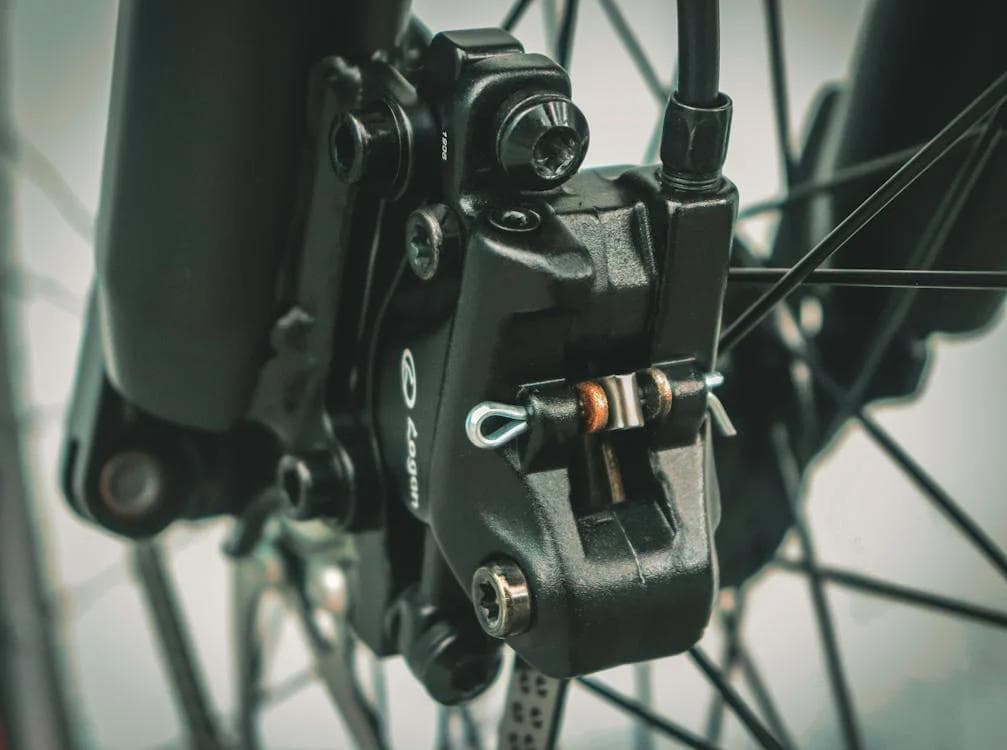Bicycle brakes are a critical component of your bike, ensuring your safety on every ride. Proper maintenance of your bicycle brakes not only extends their lifespan but also significantly reduces the risk of accidents. Here are some essential tips for maintaining your bicycle brakes, ensuring they're always in top-notch condition.
Regular Inspection
Check Brake Pads Regularly: Wear and tear on brake pads are common, and they need to be checked regularly for any signs of excessive wear. If the pad is worn down to the wear line, it's time to replace it. Also, look for any debris or metal particles embedded in the pads, as these can damage the rim or disc.
Inspect Brake Cables and Housing: For mechanical brakes, inspect the cables and housing for any signs of fraying, rust, or damage. If the cables are not moving smoothly, it might be time to replace them or apply a lubricant.
Check Brake Levers: Ensure that brake levers are securely attached and do not wobble. The levers should spring back into place quickly after being pressed. If the response is sluggish, it might indicate an issue with the cable tension or the need for lubrication.
Cleaning
Clean Your Brakes Regularly: Dirt, grime, and other particles can accumulate on your brake pads and rims/discs, reducing their effectiveness. Use a clean, damp cloth to wipe down the pads and braking surface regularly. For disc brakes, use isopropyl alcohol and a clean cloth to remove any oily residues.
Adjustments
Adjust Brake Pads: Make sure the brake pads are correctly aligned with the rim or disc. Misaligned pads can lead to uneven wear and reduced braking efficiency. The pads should also be adjusted to the correct distance from the rim/disc to ensure they engage properly when the brake is applied.
Tighten or Loosen Brake Cables: Adjust the tension of the brake cables if the brakes feel too tight or too loose. This can usually be done with the barrel adjuster found on the brake lever or near the brake calipers.
Lubrication
Lubricate Brake Components: Apply a suitable lubricant to the brake cables and pivot points of the brake levers and calipers. This helps in keeping the movement smooth and prevents rusting. However, be careful not to get any lubricant on the brake pads or braking surface, as this can reduce braking power.
Professional Check-Up
Annual Professional Service: Even with regular maintenance, it's a good idea to have your bike's braking system checked by a professional at least once a year. They can spot issues that you might miss and can perform more complex maintenance tasks like bleeding hydraulic disc brakes.
Conclusion
Maintaining your bicycle brakes is not just about prolonging their life; it's about ensuring your safety on every ride. By following these essential maintenance tips, you can keep your brakes functioning optimally and avoid accidents. Remember, the time and effort you put into maintaining your bike's brakes are a small price to pay for the safety and peace of mind they provide.
